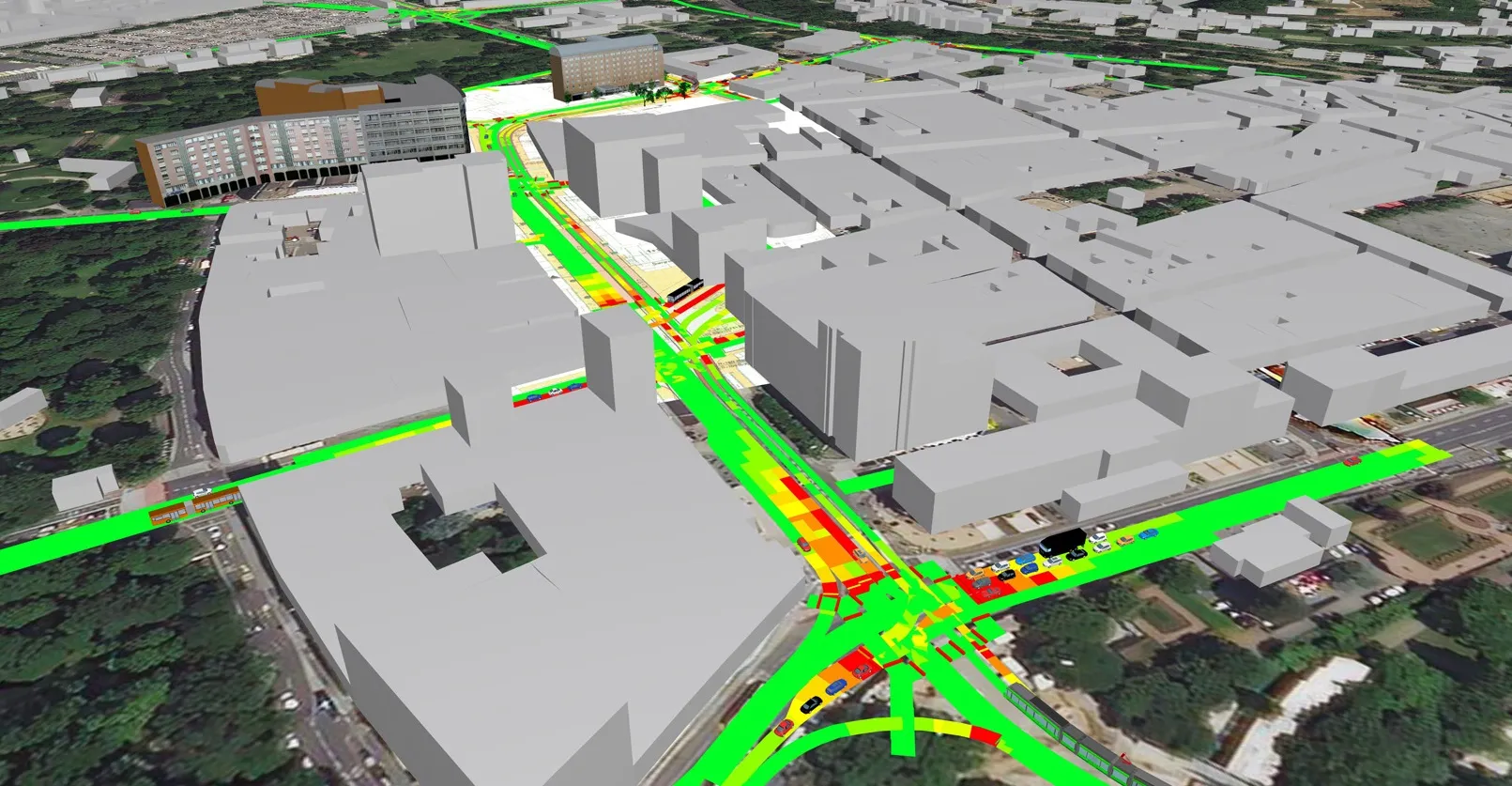Transportation professionals have always made the safety of drivers, other road users and pedestrians their top priority with congestion and other considerations further down the wish list. Now, however, it is not enough to prevent motorists, cyclists and pedestrians being injured in traffic accidents as it appears transport professionals’ responsibilities must go much wider – to the public in general. The OECD has calculated that road traffic related air pollution kills more than three million people per y
October 20, 2014
Read time: 3 mins

Transportation professionals have always made the safety of drivers, other road users and pedestrians their top priority with congestion and other considerations further down the wish list. Now, however, it is not enough to prevent motorists, cyclists and pedestrians being injured in traffic accidents as it appears transport professionals’ responsibilities must go much wider – to the public in general. The OECD has calculated that road traffic related air pollution kills more than three million people per year. That concept is, however, somewhat misleading these are not perfectly healthy people dying of inhaling noxious fumes while walking down the high street but those with existing medical problems whose demise has been hastened by poor air quality.
That’s not to say air quality is not important; it is, but the question it poses is who is responsible for implementing measures to improve air quality? While air quality is mainly a problem in inner cities, traffic is not the only source as industry, domestic housing and offices all contribute and pollution created thousands of miles away can be blown in on the wind.
In an effort to reduce greenhouse gas emissions, many national governments have introduced tax incentives that favour vehicles with fuel-efficient diesel engines as these produce less CO2. But it is these same diesel-engined vehicles that have now been identified as producing the pollutants that, in confined areas like city centres, are most injurious to health.
There's no 'one-size-fits-all' solution to combat air quality problems as each city is unique and requires bespoke schemes that have been carefully devised and evaluated in the same way as is currently done to reduce congestion. But unlike congestion, air quality is not a problem for the transportation department alone – it is a multi-facetted issue that requires multi-agency solutions.
While transportation professionals have a range of instruments to tackle traffic-related pollution sources (including traffic bans, congestion charging and low emission zones) any implementation also has to be considered in terms of the practical and economic consequences. After all, transport remains the lifeblood of communities and commerce; stop that and there will be no need to worry about air quality as the people and businesses will soon be gone too.
There can be no doubt that with increasing urbanisation, the problems of air quality and congestion will not be going away and transportation solutions will increasingly have to shift from individual drivers to multi-modal and shared mobility - be that mass transit or ride sharing. These will include the familiar (park and ride or rail and cycle) as well as new technologies such as electro mobility with all the infrastructure requirements these solutions may entail.
It seems the role of transportation professionals is unlikely to get simpler any time soon.
That’s not to say air quality is not important; it is, but the question it poses is who is responsible for implementing measures to improve air quality? While air quality is mainly a problem in inner cities, traffic is not the only source as industry, domestic housing and offices all contribute and pollution created thousands of miles away can be blown in on the wind.
In an effort to reduce greenhouse gas emissions, many national governments have introduced tax incentives that favour vehicles with fuel-efficient diesel engines as these produce less CO2. But it is these same diesel-engined vehicles that have now been identified as producing the pollutants that, in confined areas like city centres, are most injurious to health.
There's no 'one-size-fits-all' solution to combat air quality problems as each city is unique and requires bespoke schemes that have been carefully devised and evaluated in the same way as is currently done to reduce congestion. But unlike congestion, air quality is not a problem for the transportation department alone – it is a multi-facetted issue that requires multi-agency solutions.
While transportation professionals have a range of instruments to tackle traffic-related pollution sources (including traffic bans, congestion charging and low emission zones) any implementation also has to be considered in terms of the practical and economic consequences. After all, transport remains the lifeblood of communities and commerce; stop that and there will be no need to worry about air quality as the people and businesses will soon be gone too.
There can be no doubt that with increasing urbanisation, the problems of air quality and congestion will not be going away and transportation solutions will increasingly have to shift from individual drivers to multi-modal and shared mobility - be that mass transit or ride sharing. These will include the familiar (park and ride or rail and cycle) as well as new technologies such as electro mobility with all the infrastructure requirements these solutions may entail.
It seems the role of transportation professionals is unlikely to get simpler any time soon.









